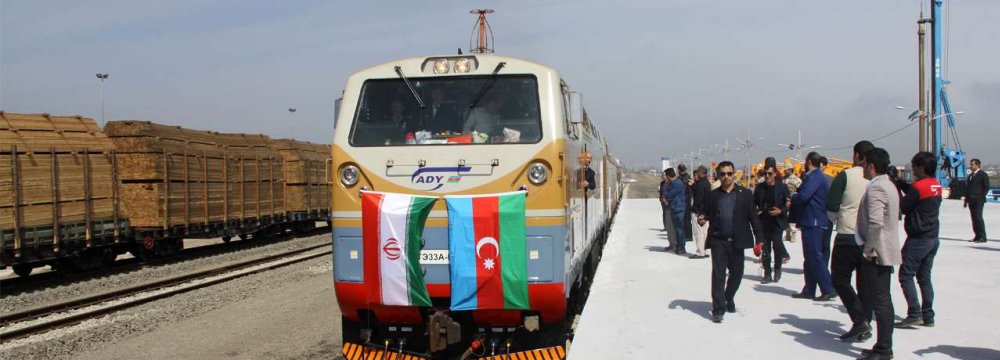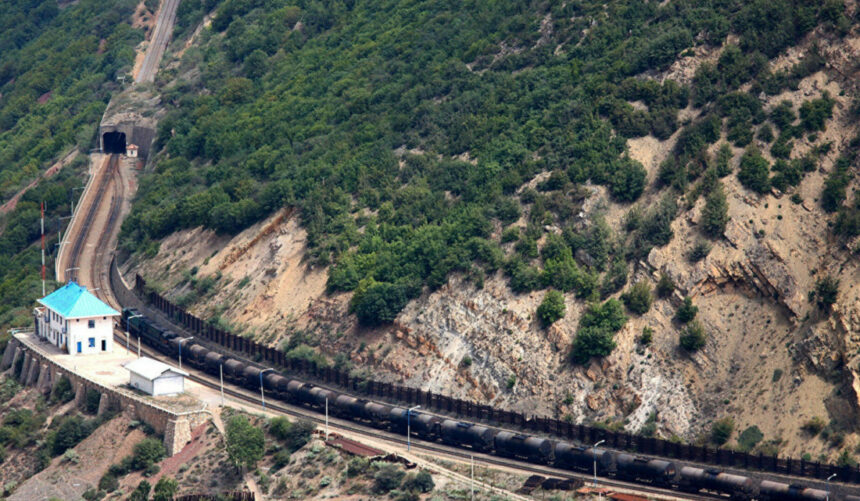“The most important corridor of the country is currently the North-South corridor, and the most important railway project is Rasht-Astara,” the Deputy Head of Construction and Development of Transportation Infrastructure Company for Railways, Ports and Airports Expansion Abbas Khatibi said.
According to Khatibi, serious negotiations are underway between Iran and Russia on participating in both the financial and technical parts of the Rasht-Astara railway and the completion of the North-South corridor. By the end of May 21 this year, the agreement with Russia will be finalized, he stressed.
Answering a question about Azerbaijan’s involvement in the project, Khatibi said that negotiations are underway and Iran is working to enter into a bilateral agreement with Russia, which will become trilateral after Azerbaijan joins it.
You will recall that a Russian delegation visited Iran last December to negotiate the completion of the Rasht-Astara railway project. During this visit it was reported that the Russian side was ready to shoulder the financing of the project. According to the Iranian side, about 70 percent of the project has been completed, and Russia is very interested in speeding up the construction. Since the outbreak of the war in Ukraine, Russia has been changing the direction of its international trade routes to the east, and the North-South corridor is of critical importance to Moscow in this regard.
If the Rasht-Astara construction is completed and the Russian railways connect with the Iranian ones through Azerbaijan, it will be possible to transport goods to the Persian Gulf countries by rail, which will dramatically increase the freight traffic in the corridor.

Rasht-Astara is a continuation of the Qazvin-Rasht railway. If the project is completed, cargoes will begin to arrive at the ports of Bandar Abbas on the Persian Gulf coast of Iran and Chabahar on the coast of the Gulf of Oman. They will then be transported through Azerbaijan and Russia via the Qazvin-Rasht-Astara (Iran)-Astara (Azerbaijan) railway to Europe. Cargoes will also be transported in the reverse direction, generating double transit income for the countries through which the route runs.
So far, Azerbaijan has implemented a number of important infrastructure projects towards building the North-South international transport corridor. The construction of the Alyat-Astara highway, along with the reconstruction of the Baku International Trade Port, connected the Iranian Astara and the Azerbaijani Astara with a railway line.
However, Azerbaijan-Iran relations are currently rather strained, and there is even a risk of direct hostilities. Given this, it is hard to say how realistic it would be for Azerbaijan to join the agreement.
However, it is worth noting that despite these tensions, the volume of transit cargo traffic by road from Russia to Iran and back, passing through Azerbaijan via the North-South corridor, has been growing in recent years.
Ilkin Shafiyev
Translated from Haqqin.az










